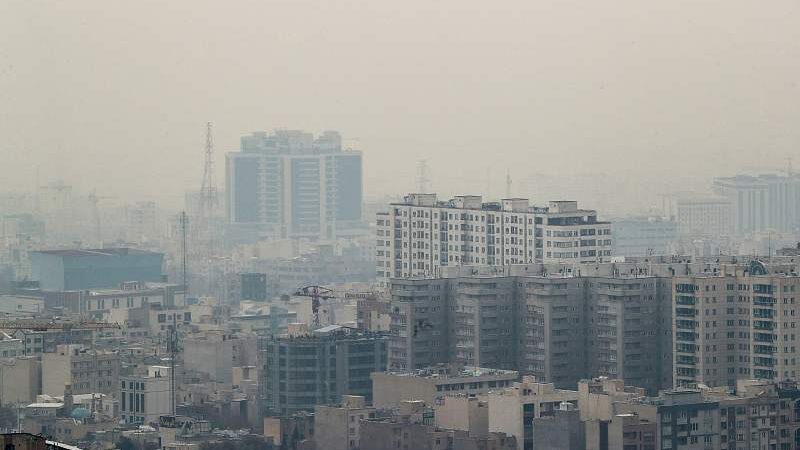As the world gears up for the 28th Conference of the Parties to the United Nations Framework Convention on Climate Change (COP28) in Dubai, a groundbreaking Lancet Countdown report is ringing alarm bells about the intertwining of climate change and global health.
Our ongoing reliance on fossil fuels isn't just heating the planet—it's also wreaking havoc on our health. From extreme weather events to worsening air pollution, the past few years have seen a surge in climate-related health issues, many of which are tied directly to greenhouse gas (GHG) emissions.
According to Marina Romanello, executive director of the Lancet Countdown, and a team of leading scientists, the latest findings are dire. The report highlights that compared to 1981-2010, the rise in heatwaves and droughts has plunged 127 million more people into moderate or severe food insecurity by 2021. Additionally, outdoor air pollution from burning dirty fuels is responsible for 1.9 million deaths each year, and diseases like dengue are spreading to new regions.
Despite 27 years of climate negotiations, world leaders have yet to commit fully to phasing out fossil fuels. This reluctance is evident in the upcoming draft statement for COP28, which, alarmingly, omits any mention of fossil fuel reduction.
The implications are staggering. If current GHG emission trends continue, we could see global temperatures rise by nearly 3°C by 2100, far exceeding the 1.5°C target set by the 2015 Paris Agreement. Such an increase could result in a 370% rise in annual heat-related deaths by mid-century and expose an additional 525 million people to food insecurity.
Moreover, the economic toll is immense. In 2022 alone, extreme heatwaves led to a loss of 490 billion working hours globally. Even if we manage to keep global warming below 2°C, heat-related labor losses could surge by 50%.
One of the most concerning aspects of the climate crisis is its uneven impact. regions like Africa, South and Central America, parts of Asia, and small island developing states—despite contributing the least to climate change—are the hardest hit by its health repercussions.
As COP28 approaches, the Lancet Countdown report serves as a crucial reminder: addressing the climate-fueled health crisis is not just an environmental imperative but a fundamental human health necessity. 🌍💔🌡️
Reference(s):
cgtn.com



